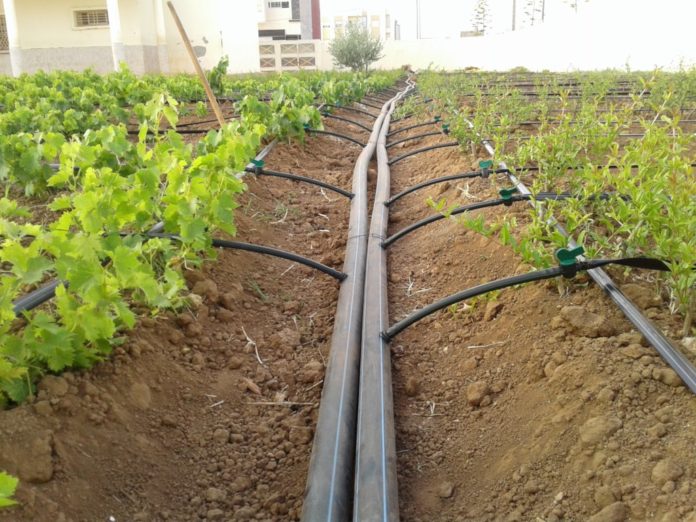It is imperative to plan strategies that guarantee the safety of agro-food with the aim to promote standards, reliable testing, and international cooperation for better public health and trade.
The regulatory framework for food safety in Africa, sanitary and phytosanitary measures, standards and guidelines within the AfCFTA, regional efforts to contribute to standard-setting, intra-regional and extra-regional trade challenges, as well as lessons for AfCFTA and reliable food safety testing and analysis services, etc., are main subjects addressed by stakeholders in the sector.
The National Metrology Institute of South Africa (NMISA) in partnership with the Joint Food and Agricultural Organization – International Atomic Energy Agency (FAO-IAEA) Centre and the African Food Safety Network (AFoSaN), held a virtual Africa Food Safety Workshop within this perspective.
This meeting engaged with representatives from the public and private food safety testing laboratories, regulators, and quality infrastructure institutions. Agridigitale.net took part.
The discussions brought together world-renowned African scientists and experts with the aim of promoting standards and developing international cooperation for better public health and better trade.
The focus groups are made up of representatives of food surveillance laboratories mandated from all regional economic communities in Africa including the African Union.
According to Lyndon Martin of HAZMAT Global Services in South Africa, importing would be faster and more efficient if there were compliance standards (for example certification procedures or issuance of documents attesting to the origin of products).
In the absence of uniform regulations in Africa, there is a set of technical barriers against importation.
“We need to remove technical barriers to trade on the African continent. At SGS, we have food analysis laboratories in Morocco, Ghana, Kenya, South Africa, Mauritius and we are hiring qualified technicians to increase our capacities. There are 130 analysts and technicians in South Africa to support the food security sector, ” said Dharmarai Naicker, from SGS company in South Africa as an example.
Dr. Godfrey Bahiigwa is Director of the Department of Agriculture, Rural Development, Blue Economy, and Sustainable Environment(ARBE), an organization that works with African Union Member States, regional economic communities ( RECs), and other actors.
Its mission is to stimulate rural economic development and the development of the agricultural sector by supporting the adoption of strategies, policies, and programs on agriculture, environment, and natural resources.
During his presentation, he has pointed out the need for political support for the establishment of an African Union food security agency specializing in the development of quality standards in order to guarantee healthy food for the populations.
According to him, this will also make it possible to fight against counterfeiting, and other consequences linked to the absence of standards in terms of regulation.
“70% of trade in Africa is based on agriculture and food processing. the AU is working on setting up an African food security agency to prevent counterfeiting and improve efficiency,” he said.
Morocco, for example, is developing its own national regulations in terms of quality standards for agrifood products. South Africa has several well-established organizations in the area of food research and analysis laboratories and Kenya also holds its experience about the regulatory procedures on product authentication.
Paul Njuguna from the Customs and Border Control Department of Kenya reveals that his country does not accept products that are not registered in their country of origin. It is a system against counterfeiting and food produced in an unhealthy environment.
This Kenyan process is also a strategy for enhancing the anti-counterfeiting systems of other countries. Mr. Njuguna added that his country is in a dynamic of openness and collaboration with other countries but also with control bodies, whether private or public.
Public-private partnership is also a good way to gather initiatives and to strengthen control and regulatory strategies.
It is about leaving no loopholes for falsehoods and impostures at the risk of damaging the health of consumers on the continent while destabilizing the efforts of serious entities engaged in agri-food transformation.














